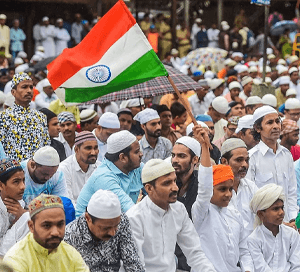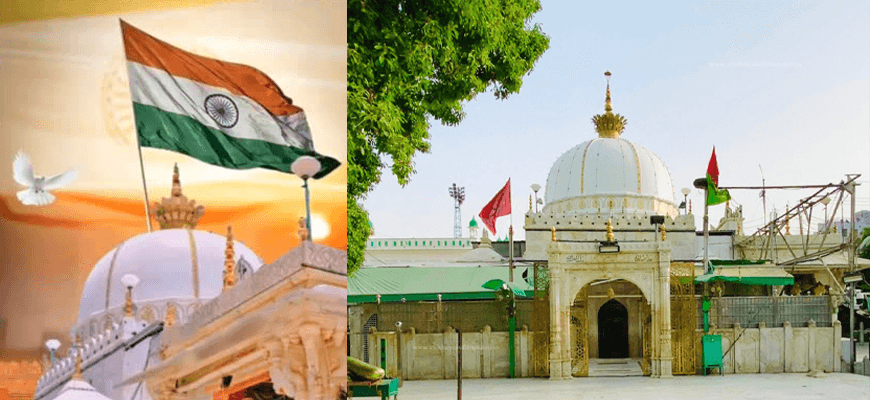- Call Us: +15672810466
- Email:[email protected]
Zishan Misbahi
First of all, we should know what is the mission of the Sufis. In fact, the Sufi mission is the moral aspect of Islam. Sufis represent the morals of the Prophet of Islam with their open hearts and calm minds. It was the true greatness of the Messenger of Allah, may Allah bless him and grant him peace, that attracted even his enemies. One who once met the Prophet became his devotee. This is the reason why the enemies of the Messenger of Allah prevented people from going to him. They propagated that Muhammad was a great magician. In fact, Khawaja Gharib Nawaz is the representative of the Prophet of Islam in the Indian subcontinent. Everyone he met fell on his path or at least joined his circle of lovers.

It should be noted that all Sufis have the characteristics of love for the Creator and service to creation, but this aspect is very prominent in Chishti Order. Love and service are its hallmarks. The Chishti Mission is a movement of unconditional love and harmony in the Indian subcontinent. Khwaja Hasan of Ajmer, known as Khwaja Gharib Nawaz, came to India without any weapon or army under the special spiritual guidance of Hazrat Muhammad. But he was a mighty king, a king of hearts. He has been ruling the hearts of all Indians for the past eight centuries with his unconditional love and spiritual power. One of his beloved titles is Sultan-ul-Hind, King of India. Until now every Prime Minister of India sends a special chadar (a cover for his grave) to Ajmer every year. It is a symbol which says that whoever may be on the outward throne of India, but the real ruler of the hearts of Indians is only one and that is Khwaja Sahib.
Like all religious and secular systems, Islam also has legal and moral principles that govern society. Khawaja Gharib Nawaz was a man of morals and not of law. He tried his best to establish moral values in Indian society. He created an inclusive culture which is known as the culture of Ganges and Jamuna. He also left a spiritual line of true successors in the form of his trained disciples and caliphs to continue his spiritual and moral movement in India. Khwaja Qutbuddin Bakhtiyar Kaki, Baba Farid and then Khwaja Nizamuddin Auliya and Khwaja Alauddin Sabir Kalyari are the four main pillars of the Chishti mission in the Indian subcontinent. After these great Sufis the Chishti Mission spread all over India. Undoubtedly, this movement of love has seen many ups and downs in its history, but the legacy of organizing love and harmony among different religious and cultural groups in India and overcoming the growing hatred in the subcontinent continues till now.
It is a pity that the Muslim Sultans and common Muslims could not follow the path of Chishti Sufis. Moreover, many fatwas have been issued and are being issued against Chishti wisdom which is appropriate to Indian nature. Chishti Sufis always emphasized inclusiveness with Indians. They kept their doors open to all. They cared about the needs of every person irrespective of his creed, caste, color and race. On the other hand, the Ulamas always distanced themselves from the non-Muslims, which created misunderstanding among different religious groups. Thus, although the Chishti Sufis ruled over hearts of the Indian people, the system of Muslim sultans and scholars was based on law rather than love, and this resulted into the conditions which were not expected for a community which ruled over India about thousand years.
© Copyright 2024, All Rights Reserved By ACNA

